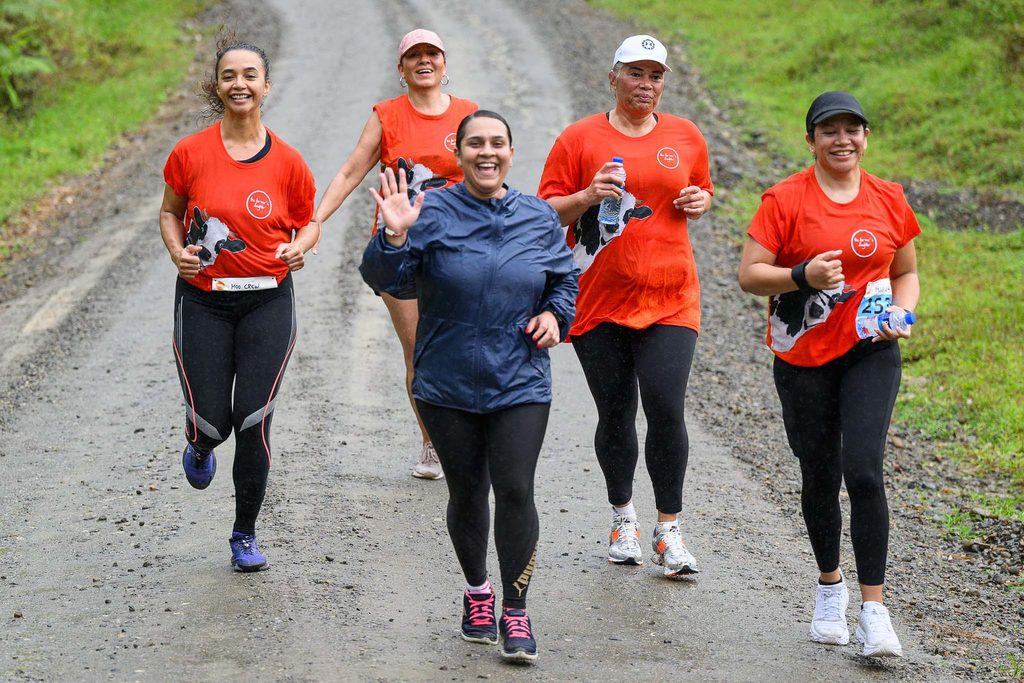Proper nutrition and hydration could be the difference between a strong finish and a struggle on the Namosi Challenge course next weekend on June 7, says Ed Hawkes, a regular contributor to endurance events in Fiji and an experienced long-distance runner.
Hawkes, who is based in Suva and serves as the secretary of the Suva Marathon Club, has been a competitive long-distance runner since 2020.
He says preparation in the final days before the race is just as important as training.
“Fiji is hot and humid, even in winter. On a humid morning, a half-marathon runner can lose more than 1kg of weight during the race, you should aim to drink at least 500ml during the race to offset this. You can fill up at the three water stops along the course,” he said.
“That’s why it’s so important to hydrate well in the days leading up to the event. You should aim to drink at least 500ml of water during the race to replace what’s lost.”
The Namosi Challenge half-marathon has three water stops along the course and Hawks says runners should plan their hydration accordingly.
He also stresses the importance of fuelling the body properly.
“It is important to have a normal meal the night before the race, with plenty of protein. Drink lots of water, try to avoid kava and alcohol, and get a good sleep,” Hawkes advised.
On race morning, he recommends eating a light snack about two hours before the start, like a banana and some breakfast crackers and drinking water regardless of how cool the weather feels.
Hawkes warn against a couple of common mistakes: skipping meals or water before the race and eating a heavy meal the night before.
“That lowers performance and can really make your race harder. Sleep is just as important as your dinner.”
He added that half-marathon runners should also carry a small sugar snack, like dates, lollies or a banana, to help refuel if they’re running for more than 90 minutes.
After the race, Hawkes recommends eating a meal with protein within two hours to help the body recover.
“The best recovery is to eat a good meal with protein within two hours of finishing the run,” he said.
“There will be breakfast available at the finish line for those who have pre ordered, or you can bring money on the day.”
Hawkes says the Namosi Challenge is one of the toughest and most scenic events on Fiji’s running calendar and being smart about nutrition and hydration can help runners make the most of the experience.



